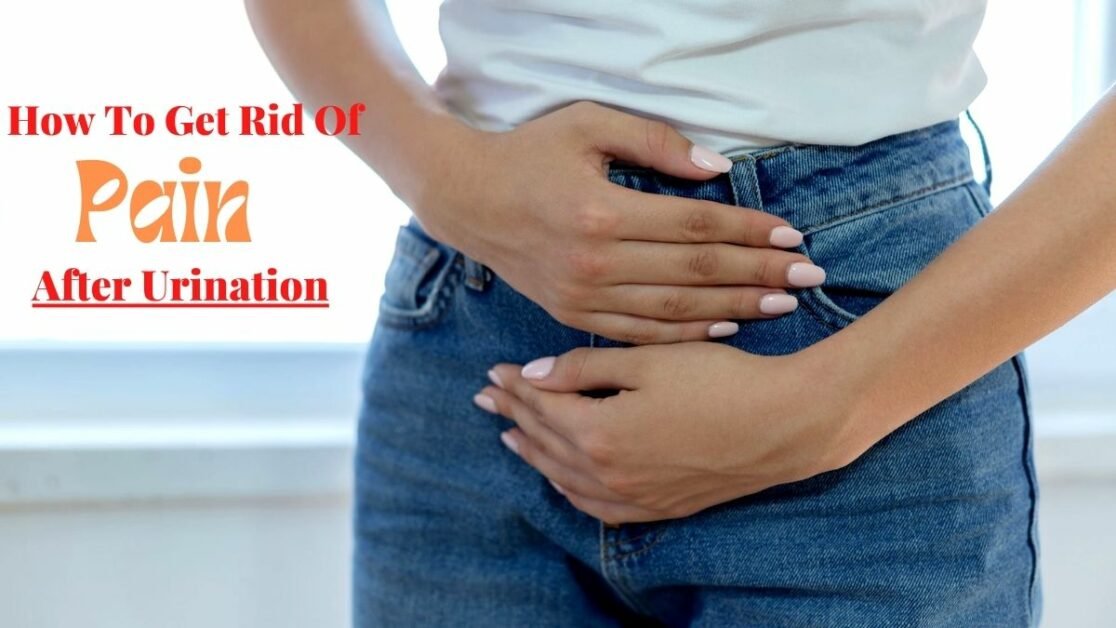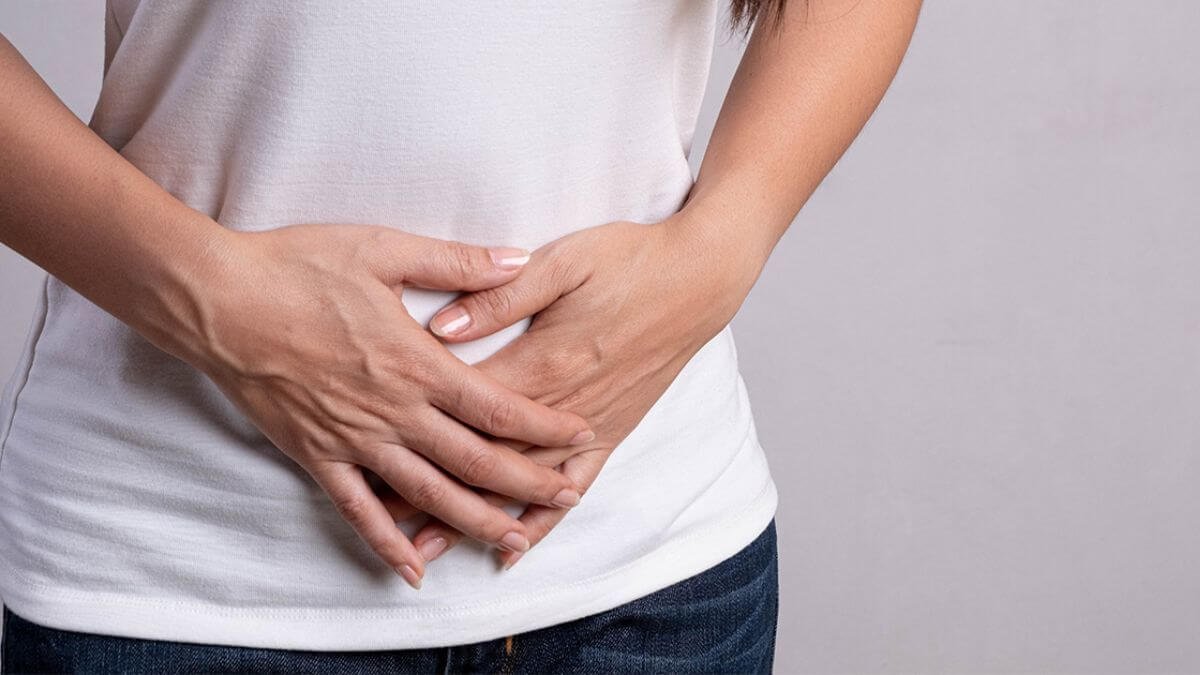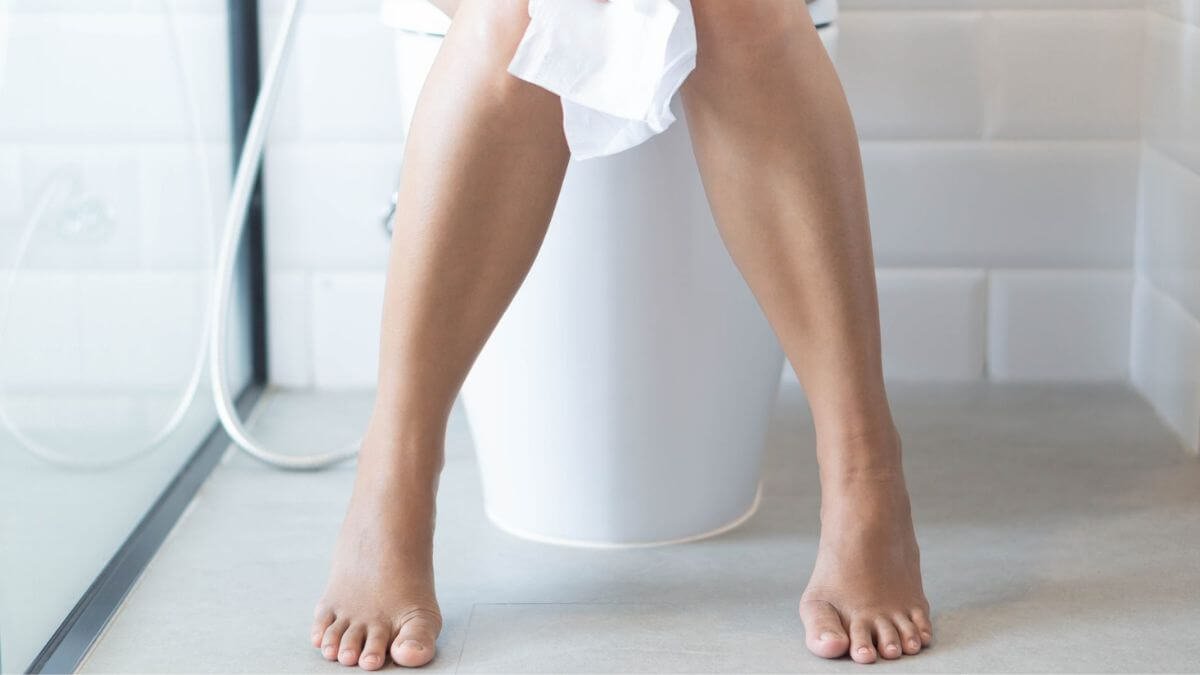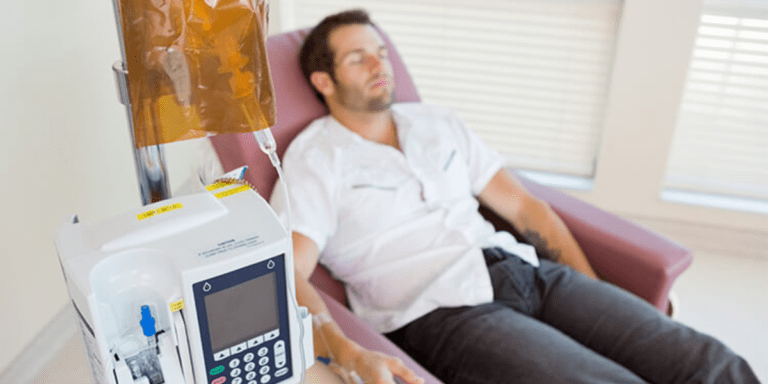How To Get Rid Of Pain After Urination? A Complete Guide

There could be many reasons why someone is experiencing pain after urination, and this article will try to cover as many of those reasons as possible, it is always important to ask your doctor, especially a urologist or a gynecologist about why you are experiencing pain.
For abortion and Sex Reassignment Surgery, other conditions outside of the ones mentioned below can cause painful urination or dysuria. Such as cystitis, UTI, etc. Consult your doctor.
What Is Painful Urination?
Painful urination is a burning sensation, discomfort, or pain during urination. These sensations can be present at the start of urination, during urination, or post-urination.

Some of the conditions that cause painful urination is sexually transmitted infections of a bacterial, fungal, or protist nature, unhygienic surroundings, too much moisture which persists in the groinal area, inappropriate underwear, insertion of foreign objects into the urethra for medical or non-medical purposes, impact trauma on the genitals, genetic disorders, complications from sex change surgery or abortion, urinating in a public toilet such that unfavorable bacteria splash back and infect your privates (in this case for men, but can also apply for women)and more.
Who Gets Pain After Urination?
Both men and women experience pain after urination at any age. Both of them will have different causes that have an impact on this. In order to properly diagnose the situation and determine the cause, a doctor’s consultation was required.
Symptoms Of Painful Urination
Pain from this condition is described as burning, stinging, or itching. Pain before urinating could be a sign of a UTI, and pain after urinating can be a sign of bladder/prostate problems.
Pain can be external or internal for women. Outside pain can be caused by skin hypersensitivity, internal pain could be a UTI.
Causes Of Pain After Urination
1. Bladder stones:– Bladder stones are caused by hard masses of minerals in your bladder. Sometimes they may not cause any problems, but if they block the opening of your bladder, this may lead to urinary incontinence.
2. Chlamydia Trachomatis:- Is a common sexually transmitted bacterial infection. Its symptoms are similar to those seen in a UTI. One of which is dysuria (painful urination).
3. Cystitis:- Cystitis is a common bacterial infection caused by the E.Coli bacterium.
Alkylating agents in chemotherapy drugs can lead to painful urination through hemorrhagic cystitis. The bladder is non-bacterially inflamed.
4. Genital Herpes:- STI is caused by the Herpes Simplex Virus. A complication can lead to cervical cancer, which also causes dysuria.
5. Gonorrhea:- A sexually transmitted infection, if it goes untreated can lead to infertility.
6 . A urinary tract procedure:-For example, Lithotripsy, a procedure used to which uses ultrasonic waves to break up kidney stones far too large to easily pass through the urinary tract. If there is a use of implements (instruments) in the urethra for some procedures, the procedure could irritate the walls of the tract and lead to dysuria.
7. Kidney Infection:- If the kidney inflames suddenly and severely due to a bacterial infection.
8. Kidney Stones:- Stones in the Kidney, are formed either by excessive urine concentration or a heavy amount of stone-forming substances in the Kidney.
9. Prostate Inflammation:-There are various reasons for prostate inflammation, among them bacterial and non-bacterial reasons.
10. Sexually Transmitted Diseases/Infections:- These are diseases and infections caused by sexual interaction and contact. These include viruses, bacteria, protists, parasites, and others.
11. Personal Care Products. Soaps, Shampoos, Deodorants, etc. Anything which irritates the glans (penis head) in men, the vulva in women, or the urethra in both.
12. Narrowing of the urethra:– When the width of the urethra reduces( Urethra structure), due either to some infection, procedure, or other reason. The real underlying reasons are unknown. Complications during or from Sex Change Surgery can lead to this condition too.
13. Urinary Tract Infection:– Infection of any part of the urinary system, kidneys, ureters, urethra, or bladder. More common in females.
14. Vaginitis. Infection, inflammation of the vagina or vulva:- Discharge, itching, and pain are some of the symptoms.
Causes Differences In Males And Females
As mentioned before both men and women get pain after urination. Due to the different anatomical structures of men and women, the reason is not the same. As women have internal genitalia, and men have external, men and women will acquire the conditions for dysuria for different reasons.
Women may get dysuria from an unclean toilet seat, while this is possible for a man, it is more likely for a man to contract dysuria from intercourse or the insertion of a foreign object, for medical or other reasons.
Those who are transitioning have their own unique set of urinary issues and should consult a specialist doctor in this field to get good advice.

How Do You Get Rid Of Pain After Peeing?
a) Natural Methods
Self-treatment for pain after urination that is not severe or persistent can be done by the following:
1) Drinking plenty of water (which is the cure for dehydration, just be watchful to not overhydrate yourself).
2) Go to the toilet when you need to, instead of holding it in, as holding it in, weakens your bladder muscles which help you to pee.
b) Other Treatment Options
First of all, there are several reasons why people experience pain after urinating. So, depending on the cause, different treatments are available.
- Most common issues are treated with antibiotics, you may be prescribed phenazopyridine.
- Surgery, when needed
- For UTI Prevention: Urinate on time. Women should access toilets with dry seats or after drying. Do not use feminine hygiene sprays. Hydrate. Urinate after sex. Clean genitals after sex.
Is It Normal To Burn After Urination?
It is generally not normal to burn after peeing. If it happens more than once, it may be one of the conditions listed above.
It may also not be among them, and your doctor may be able to tell you. Check the color/condition of your urine in the toilet bowl (like clear, cloudy, very frothy, green, red, etc.) it’ll help your doctor get closer to your condition. See reference number 38 below.
While it may not be normal to burn after peeing, it may not always be something that is severe. It could merely be that you have just woken and forgot to drink water before sleeping, or you ate some really salty food and so your urine has a lot of crystals, which when they come out fast can sting. In this case, it merely requires the intake of water.
To know if something is severe, it must be persistent and last for more than mere days.
Conclusion
If you’re burning after urinating, it’s likely to be something minor, like mild-moderate dehydration, which is easily solvable. So you should drink more water, find shelter and cool yourself. In the unlikely circumstance that it is something worse, then you have this article and your doctor to provide you with help and guidance.
FAQs
Q1) What is dysuria and what causes it?
A1) It is pain while you urinate. There are multiple causes for it as seen here in this article, but dehydration is usually the most common one. So don’t panic.
Q2) How long does dysuria last?
A2) It depends on the underlying condition, but the most common one, dehydration lasts for a few hours, if you drink sufficient water.
Q3) Should I talk to my doctor about my dysuria symptoms?
A3) If it persists for 2-3 days, then you must certainly do so. Or at an earlier time, as advised by your doctor, if you have a related pre-existing condition.
Q4) What are the treatment options for dysuria?
A4) There are multiple, dependent on the underlying causes, but for the most common one, dehydration, the cure is water.
Q5) Can dysuria be transmitted?
A5) It can be through STIs like Chlamydia and gonorrhea.
Q6) What medications cause Dysuria?
A6) Medicines like estrogen, alpha-blockers, sedative-hypnotics, antidepressants, antipsychotics, and calcium channel blockers, among others.
Q7) How long does pain after urination last?
A7) It is cause-dependent, normally days, if it is from dehydration and a person hydrates even less, but for other underlying causes, it could be longer than days.
Q8) What medication can I take for dysuria?
A8) There is a class of drugs called misc genitourinary tract agents. Ask your doctor which specific medicine is appropriate for you if this problem persists for more than a few days.
Q9) How do you control dysuria?
A9) For dysuria which has no underlying conditions and is not persistent or severe, drinking water and taking the over-the-counter medicine
Q10) Can Anxiety cause dysuria?
A10) If your muscles are tense during anxiety, then yes, it can cause dysuria. This may make you urinate more often, which can irritate the inner wall of your urethra, possibly leading to dysuria. But it’s always good to get a second opinion.
Q11) Do Vitamins make your pee burn?
A11) Some vitamins like B and C can irritate your bladder and even cause urethral pain. Anecdotal knowledge.
Q12) If I hold my urine in will it hurt?
A12) If you hold your urine in for too long and your bladder muscles are not weak, then peeing suddenly and too hard can cause pain and even some tearing where the pee comes, due to the sheer force. Anecdotally.
Q13) What is the difference between a UTI and dysuria?
A13) Dysuria is the condition of painful peeing, while a UTI is a bacterial infection that can be one of the causes behind dysuria.
As before, please consult your doctor for more information.
Dr. Edward Zelman
Dr. Edward Zelman is a distinguished and highly respected medical professional who has dedicated his career to the field of general medicine. With a profound commitment to patient care and a wealth of knowledge acquired over decades of practice, Dr. Zelman has earned a reputation as a trusted healthcare provider in his community. With a career defined by excellence and an unwavering commitment to the betterment of his patients and the broader community, Dr. Edward Zelman stands as a pillar of the medical field, dedicated to the principles of healing and compassionate care. At present, Dr. Edward Zelman is researching safe and effective natural remedies that can restore as well as maintain the youthful functioning of the body.
View All By Dr. Edward






